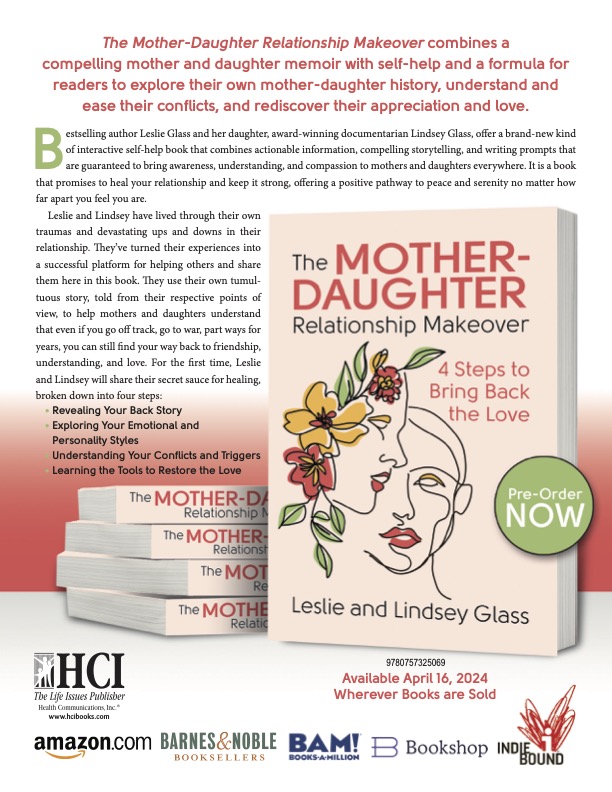Being Emotionally Healthy Is Affects Everything Else
Do you ever think about your emotional health? I didn’t until I became emotionally healthy. Once my life became peaceful and I found emotional health, which took years and hard work, there was no turning back. I’d never return to a life of emotional upheaval and pain. It doesn’t feel good once you’ve moved into a different style of being. But, before we get into the habits, what’s the definition? I found this definition for emotionally healthy people and think it works very well for the purpose of this article
They might be kind, decent, noble — even selfless. They’re still human beings, and they will react to the way things affect them, personally. So, if you want to engage with people effectively, think about whether your words and actions are offered in a way that seems to support them, or that seems to support yourself.
-Bill Murphy Jr. for Inc.com
People who are highly emotionally intelligent seem to have a lot of the same habits, and those habits have been practiced and honed. They don’t come naturally to most, but they aren’t hard to learn and practice if you are motivated. We’re striving for a better life here, so being open to new habits is important. See my book 100 Tips For Growing Up.
What Are The Habits Of Emotionally Healthy People
I’ve considered the lists of what other writers and psychologists have compiled as these “habits”. I’ve chosen to write about the ones I believe in or have experienced myself. So, let’s go.
- Gain control after failure – It is essential for everyone. We all fail at something along the way. We in recovery, often have a lot of failures to overcome. To find our way back on the path is necessary so consider what that looks like for you right now. Is there a failure to recover from?
- Find meaning in the trauma – if you’re like me you have some of the following in your history: childhood trauma, death trauma, trauma from an addiction life, and maybe a few other things. Trauma work was so important for me because it turned rage and resentment into compassion and kindness. If you’re broken, fix the pieces and find the glue to hold them together.
- Find connection – some of the greatest minds were warped by loneliness. Loneliness can cause depression, despair, and the desire to cause self-harm. Sometimes we’re not good with people and that’s when animals become useful. Get into the rescue and foster community. Just find people and creatures and keep them close.
- Forgive and repair relationships when possible – I have a lot of experience with this one. Sometimes we get into terrible fights with people we love, sometimes it’s because the relationships have become unhealthy. That’s OK. It happens all the time in recovery. But, learn some boundaries and work it out if you can. If it isn’t safe, do not.
- Stay positive – this isn’t just about being a member of the gratitude club, which I am, but I know annoys some curmudgeons. This is about keeping perspective, this is about not letting setbacks stop you from reaching your goals.
- Work on personal development – for me this one leans toward building self-esteem and self-acceptance. My mom calls it being a constant self-improver but it basically means always trying to better oneself, and never getting complacent.
- Place a priority on self-care – and this includes everything from financial planning, to mental health, to relationship nurturing. Emotionally intelligent people know these things don’t get better or take of themselves. You have to work hard on all of it.
- Care about physical health – when you lose your physical health, you lose everything. I’ve seen it first-hand. Whether it means managing a health issue or simply staying healthy with diet and exercise, people who really value themselves take care of themselves.
Being a highly emotionally intelligent person is not out of reach. It just takes a little time and effort, like everything else worth doing. So, try a few of these habits out and see how they work for you. Remember, change happens slowly by adding better habits into your life over time. But, it works!
Check out my new book.
Buy the book Now!
More Lindsey Articles To Read
Awe Challenge Empowers Mother/Daughter Relationship
Embrace Hygge For Happiness This Summer
Stress Relievers That Work For Everyone
What To Do When You Hate Being Sober






















